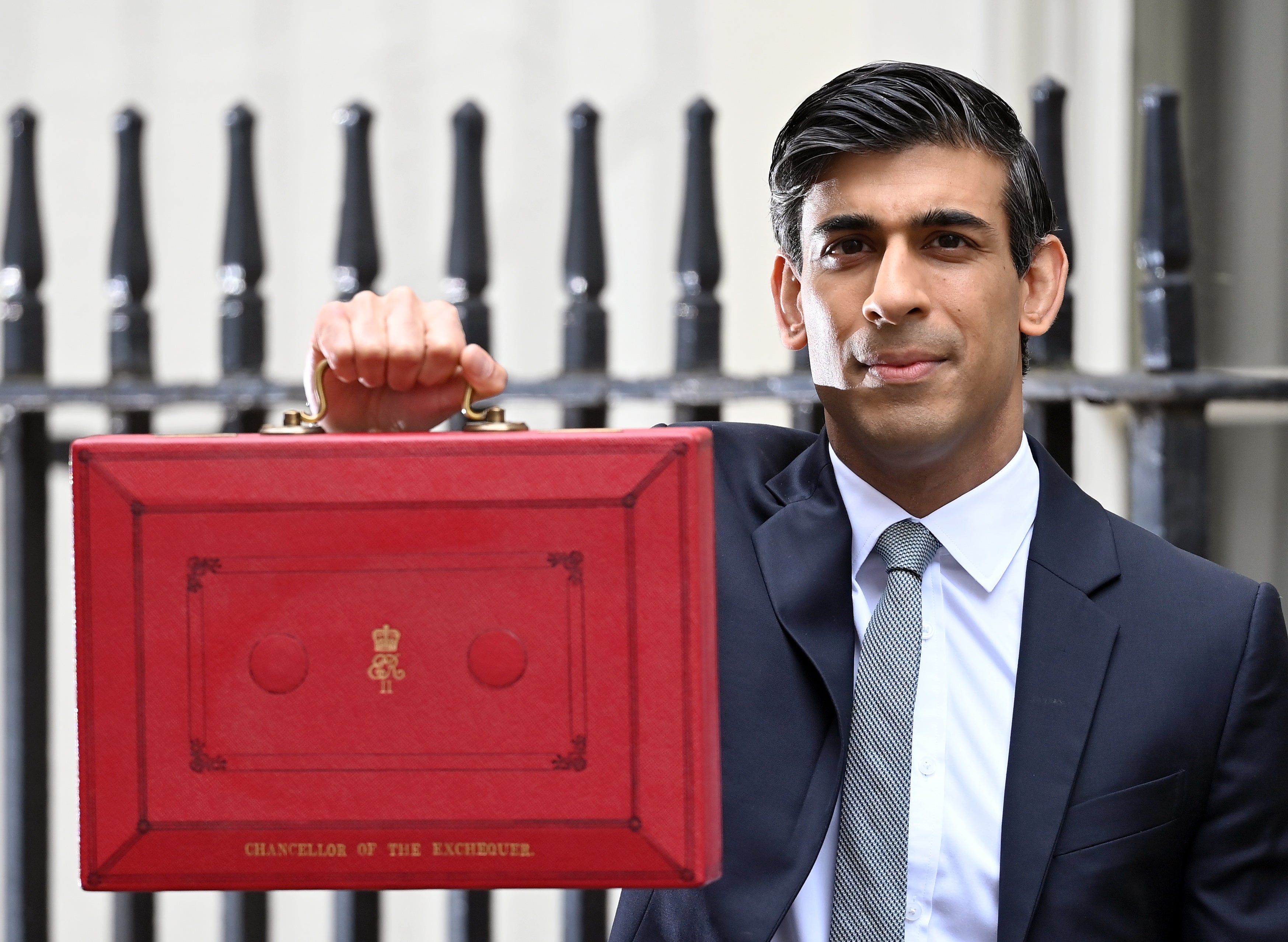Budget spending cuts even bigger than expected and ‘simply unrealistic’, warns Institute for Fiscal Studies
‘Unprotected’ departments to receive staggering 8 per cent less than planned one year ago

Your support helps us to tell the story
From reproductive rights to climate change to Big Tech, The Independent is on the ground when the story is developing. Whether it's investigating the financials of Elon Musk's pro-Trump PAC or producing our latest documentary, 'The A Word', which shines a light on the American women fighting for reproductive rights, we know how important it is to parse out the facts from the messaging.
At such a critical moment in US history, we need reporters on the ground. Your donation allows us to keep sending journalists to speak to both sides of the story.
The Independent is trusted by Americans across the entire political spectrum. And unlike many other quality news outlets, we choose not to lock Americans out of our reporting and analysis with paywalls. We believe quality journalism should be available to everyone, paid for by those who can afford it.
Your support makes all the difference.Spending cuts buried in the Budget are even bigger than was thought and “are simply unrealistic”, the Institute for Fiscal Studies is warning.
Departments funding services such as local councils, courts, the police, transport and benefits will receive 8 per cent less than planned one year ago, it has found.
“Most likely these figures are simply unrealistic, and borrowing or taxes will be higher than planned,” the IFS said, after studying the detail of Rishi Sunak’s plans in greater detail.
“If they are adhered to then many public services are due a second, sharp dose of austerity.”
The warning comes after the Chancellor was criticised for denying his plans represented a spending cut – claiming they were simply a “change in forecast”.
His own watchdog, the Office for Budget Responsibility, said the Budget included a £4bn spending cut, creating a total of £15bn to be slashed from departmental spending each year from 2022.
Read more:
Boris Johnson urged to ditch ‘draconian’ policing bill - follow live
Raab compares EU to dictatorship as row over access to vaccines escalates
‘Career graveyard’ of Brussels posting to hit pot-Brexit influence, PM warned
But the IFS has now concluded that original forecasts of the impact did not account for the Barnett Formula, which calculates knock-on spending in Scotland and Wales.
That meant what was expected to be a 1 per cent real-terms cut was, in fact, 3 per cent – or 8 per cent in cash terms when set against March 2020 plans.
Only spending on the NHS and defence is protected for the next five years – and schools for the next two – leaving other departments badly exposed.
“This poses clear and obvious challenges, not least because of the new pressures created by the pandemic,” said Ben Zaranko, the IFS’s research economist.
“Plans can change, but as things stand, for many public services, the first half of the 2020s could feel like the austerity of the 2010s.”
Last week, Mr Sunak, was warned he should be suffering “sleepless nights” over the looming cuts, but insisted his critics are wrong because spending will “grow in every year”.
“I think what you’re referring to are changes in forecasts from previous fiscal events – that’s not a cut in spending,” he claimed.
But the IFS said the small print pointed to “perennially squeezed areas” such as the courts system, the Home Office and “further cuts for local government.”
“For departments not fortunate enough to be protected by a pre-existing agreement with the Treasury, the Chancellor’s spending plans are even tighter than they first appeared,” Mr Zaranko added.
Spending on those unprotected services in 2022−23 is set to be 3 per cent lower than a year earlier, and 8 per cent lower than what was planned prior to Covid-19.”
Join our commenting forum
Join thought-provoking conversations, follow other Independent readers and see their replies
Comments